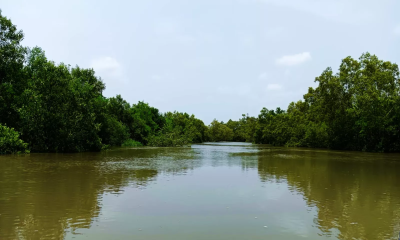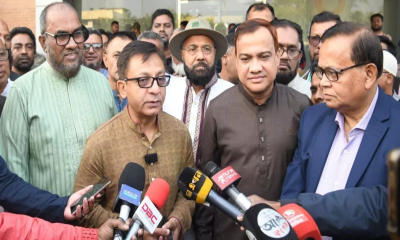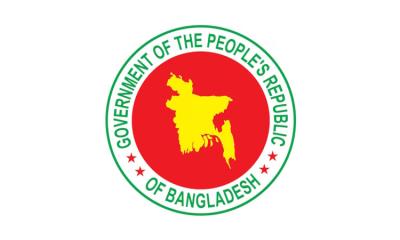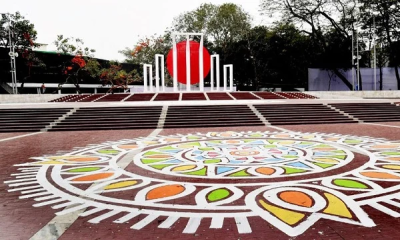A high court in the southern Indian state of Karnataka is set to hear two petitions that argue that Muslim women wearing headscarves should be allowed to attend classes, reports BBC.
The development comes after weeks of protests by six teenage students at a government-run pre-university college - equivalent to a high school.
The protesters have been barred from attending classes by the college's management, who say students can wear the headscarf on campus but must remove it inside the classroom.
The stand-off has increased fear and outrage among India's minority Muslims, who say the country's constitution guarantees them the freedom to wear what they want.
The issue has also snowballed to other colleges in the state - on Thursday, a video showing college gates being shut on a group of young hijab-clad women had led to outrage.
It was shot at a pre-university college in Kundapur in Udupi district in Karnataka. The earlier protest had also taken place in Udupi, one of three districts in Karnataka's communally sensitive coastal belt.
Commentators often describe the region - a stronghold of Prime Minister Narendra Modi's Hindu nationalist Bharatiya Janata Party (BJP) - as a laboratory for majoritarian Hindu politics. The BJP is also in power in Karnataka.
In the video, a student could be heard pleading with authorities to let them attend classes to help them prepare for exams.
But the principal refused to let them enter the campus wearing the hijab.
A day before the women were barred from classes, a group of boys had come to the college wearing saffron shawls - the colour is seen as a Hindu symbol - to protest against Muslim women wearing headscarves.
Three other colleges in the state have also seen similar protests.
Nagesh BC, the state's education minister, has backed college authorities who say both saffron scarves and headscarves should be banned on campuses.
He told BBC Hindi that the government would soon outline its stand before the Karnataka high court, which will hear the two petitions next week.
One, filed by a student, argues that choosing what to wear is a fundamental right guaranteed by India's constitution.
The other, filed on behalf of five of the protesters, points out the government's academic guidelines for the current year do not prescribe uniforms for pre-university colleges.
Both petitions quote a judgment from neighbouring Kerala state that upheld a court verdict permitting Muslim students to wear headscarves for a national entrance exam.
While the issue rages on, protesters say their studies are being badly affected.
"We came to a government college because we could not afford the fees for a private college. Why are we facing discrimination when others can follow religious rituals?" says Almas AH, one of the six protesters at the Udupi college.


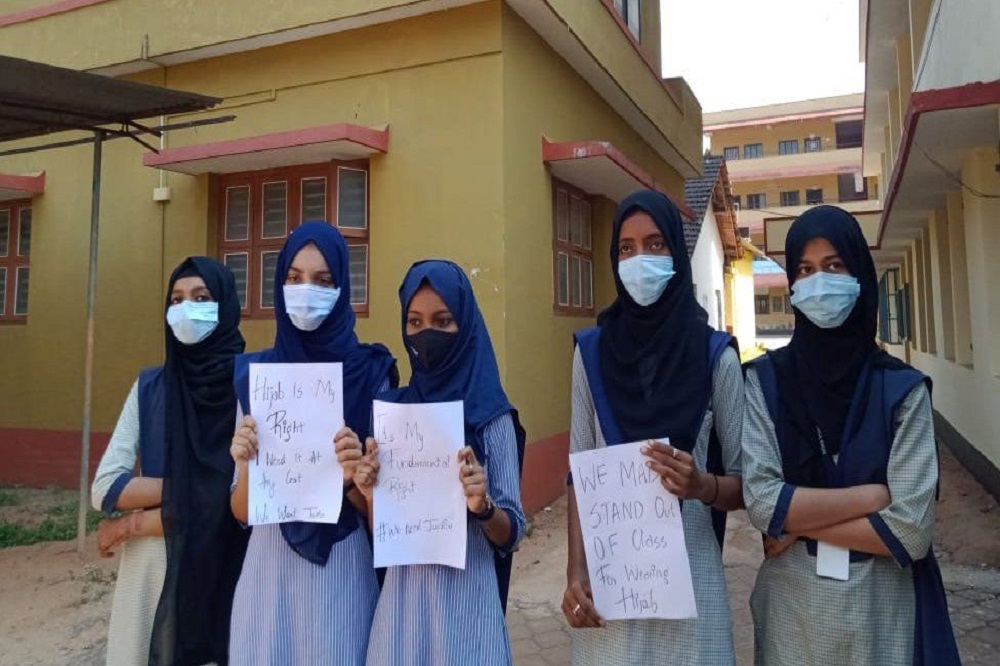

-20260220065859.jpeg)
-20260219110716.webp)
-20260219054530.webp)

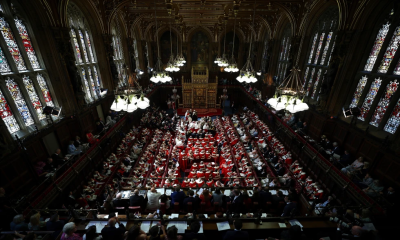
-20260218060047.jpeg)




